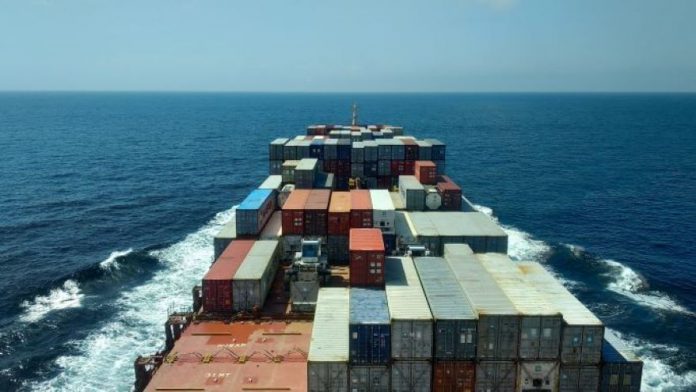International trade is at a crossroads. Following the 2021 crisis with multiple bottlenecks, market analysts speculate that supply chains will not face the same problems in 2022.
More specifically, experts explain that in order to avoid similar cases of congestion in international trade, four challenges must be addressed, which are presented below.
The transport industry
According to analysts, the first issue to be addressed is the inefficiency of the road transport sector. The crisis of 2021 in the supply chain and shipping highlighted above all the shortage in the workforce.
The conditions in the transport sector, combined with the positive cases, have led to a reduced number of human resources. The result was that cargo was delayed from being unloaded at ports and loaded onto trucks to reach their destination.
Improving working schedules, increasing salaries and upgrading infrastructure at loading points to avoid further congestion can be the solution.
Order management
The policy of most companies, until now, followed the just-in-time system, which concerns orders of only those goods or parts that are necessary. This system reduces the cost of inventories in the warehouse and increases the profit margins.
However, this system seemed ineffective during the pandemic, when many productions stopped abruptly, and many traders could not replenish their warehouses.
Therefore, according to experts, it is necessary to reconsider the current inventory management model and choose a system that will lead to the streamlining of stock in warehouses. The major reason is the increase of stops in trade due to pandemics or natural disasters.
The differentiation of supply chains
Most of the world’s economies depend on a region or a country to produce the parts or raw materials they need. Something like that can be problematic, and it also became apparent during the pandemic when China was no longer able to meet the market’s needs.
For this reason, many market analysts are proposing a review of supply chains, even though it may be challenging to find more competitive labour costs than the Chinese. Many large companies have already started moving out of China.
Knowledge of supply chains
Finally, a crucial factor is the in-depth knowledge of supply chains in companies. Awareness of the risks and uncertainties, that is, hidden in the supply chains of raw materials and, components can increase the efficiency of trade but also its resilience in the event of an unexpected development.
Source: www.money.it






































